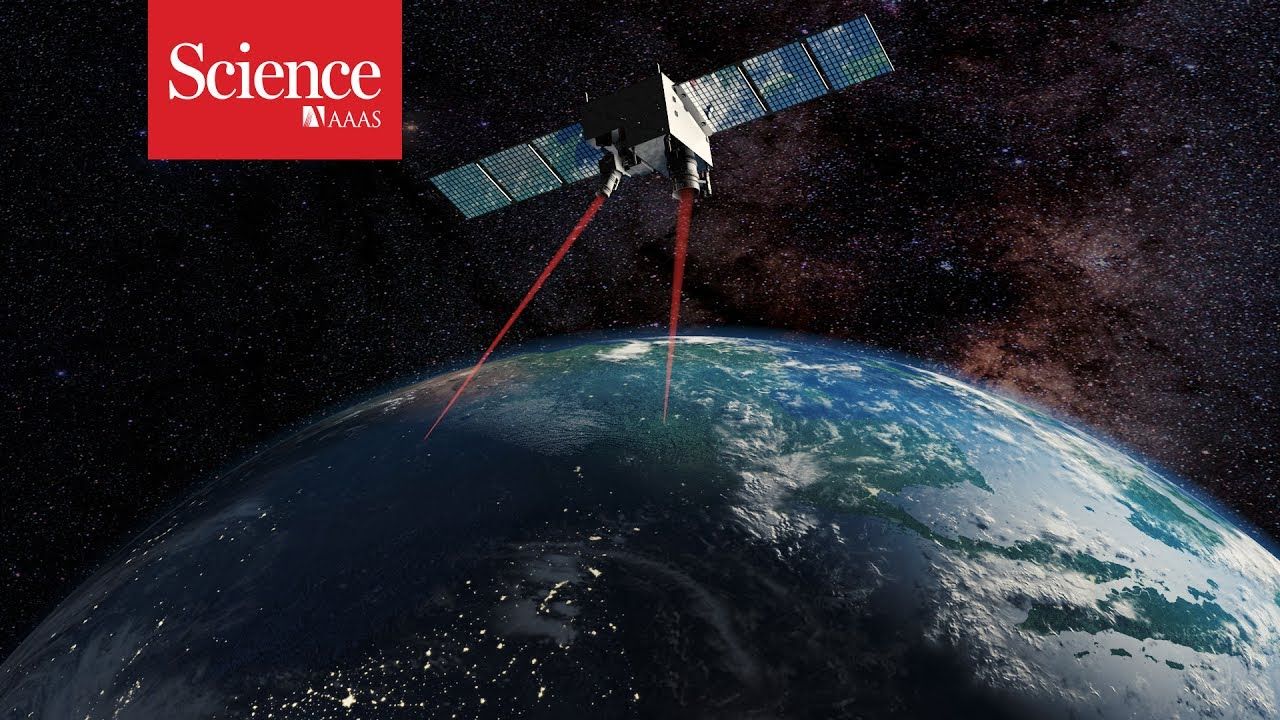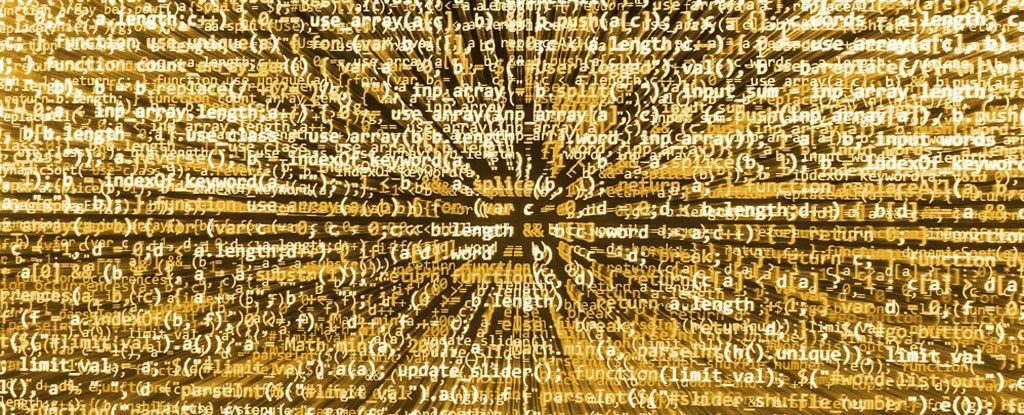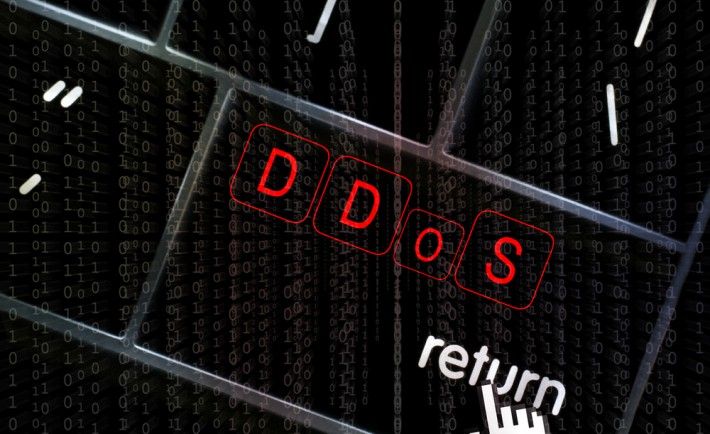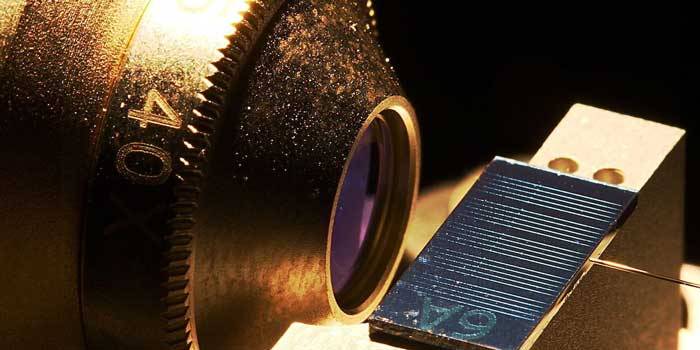Cybercrime & Cybersecurity 0 20
There is a reason why they’re not in the private sector developing QC. Noticed all represented no one developing and delivering QC commercially. There is a reason why folks like this become nay sayers as it is hard when you’re not able to deliver and not hireable by the private sector to deliver QC. With such a huge demand for QC experts and in security; you have to wonder why these folks have not been employed in a QC Tech company especially when you see tech grabbing every professor they can to develop QC and especially cyber security. Also, I still never saw any bases or details scientifically for their argument why specifically where and how QC will not block hacking just a bunch of professors throwing out words and high level speculations.
SAN FRANCISCO—Cryptographers said at the RSA Conference Tuesday they’re skeptical that advances in quantum computing and artificial intelligence will profoundly transform computer security.
“I’m skeptical there will be much of an impact,” Ron Rivest, a MIT professor and inventor of several symmetric key encryption algorithms, said early at the annual Cryptographers’ Panel here.
Susan Landau, a professor who specializes in cybersecurity policy and computer science at Worcester Polytechnic Institute, said that while artificial intelligence can be helpful when it comes to processing lots of data effectively, she doesn’t think it will be useful in fingering out series attacks or anomalous situations.
Read more









